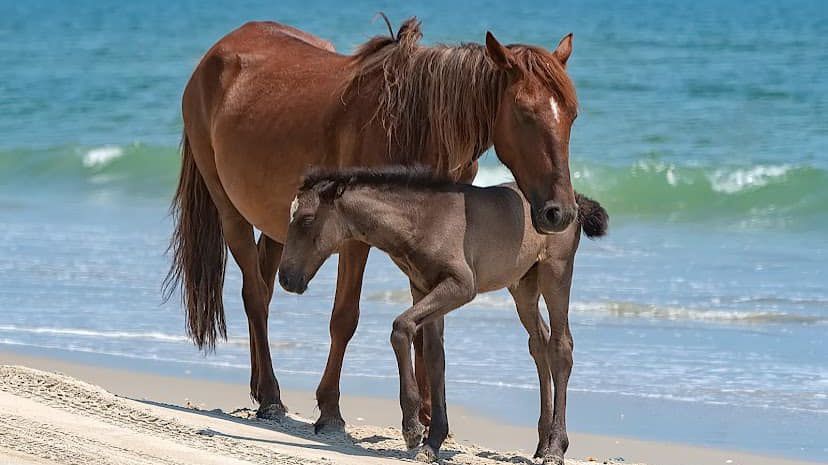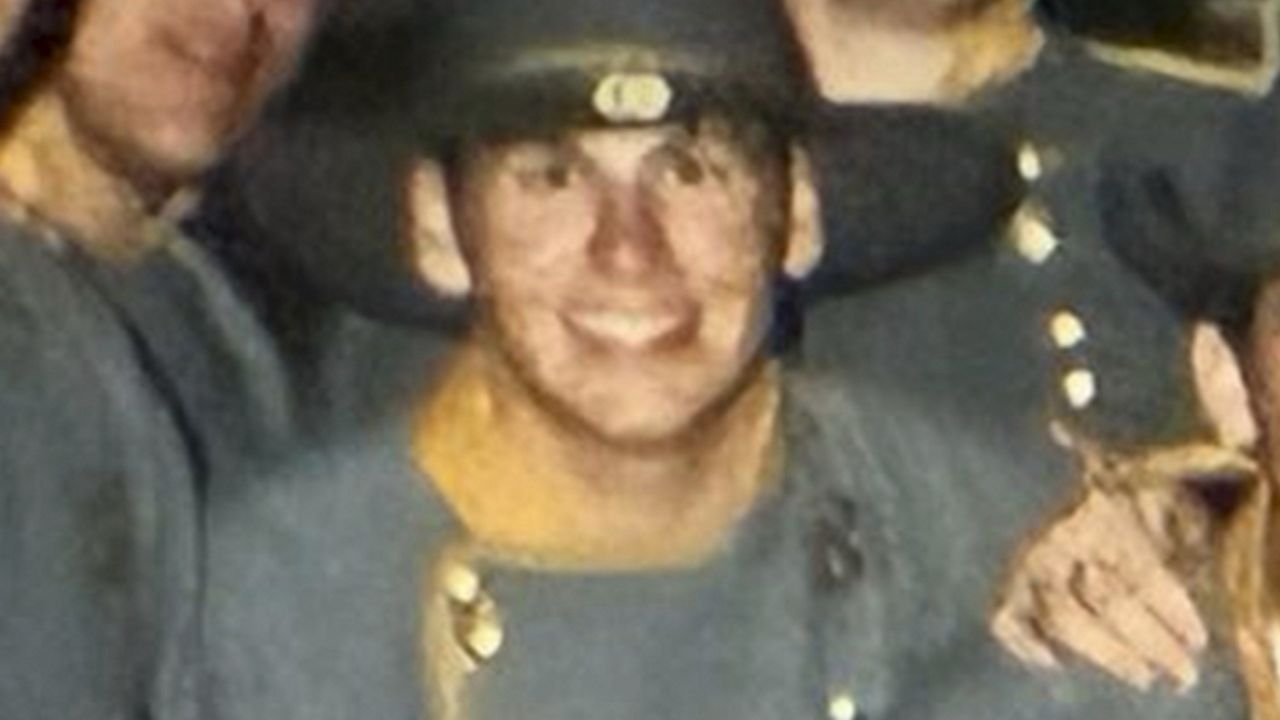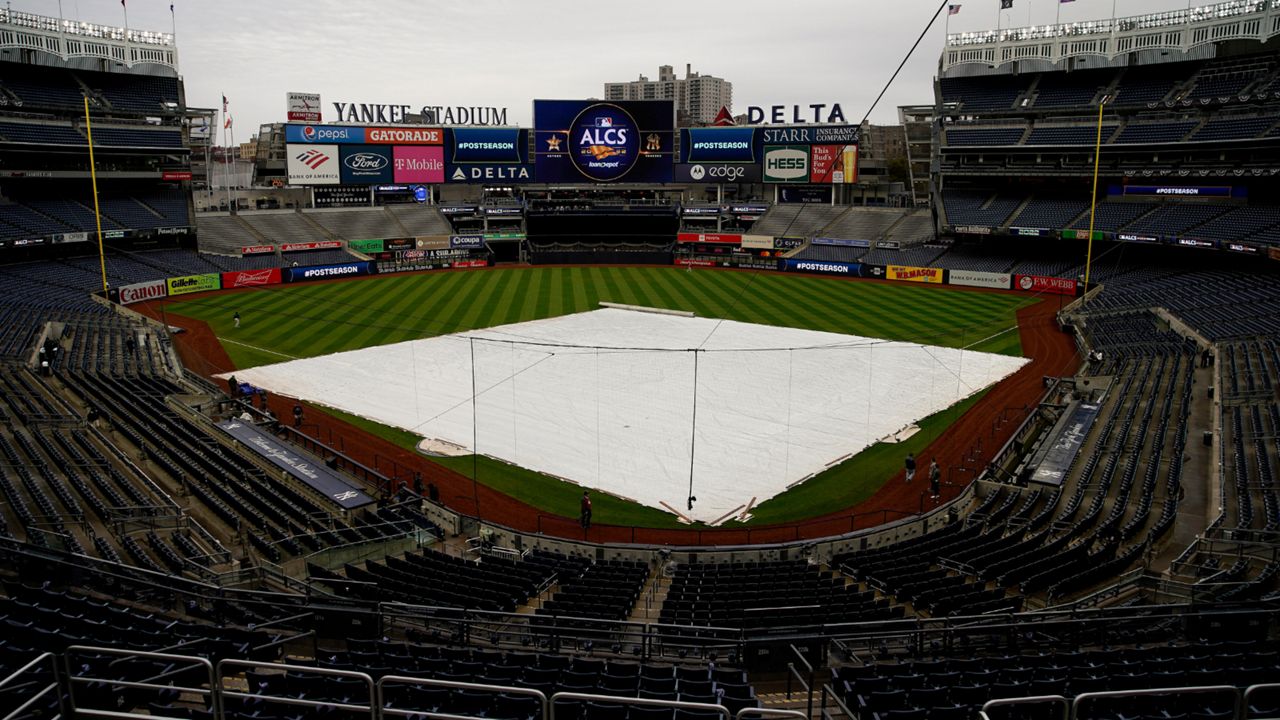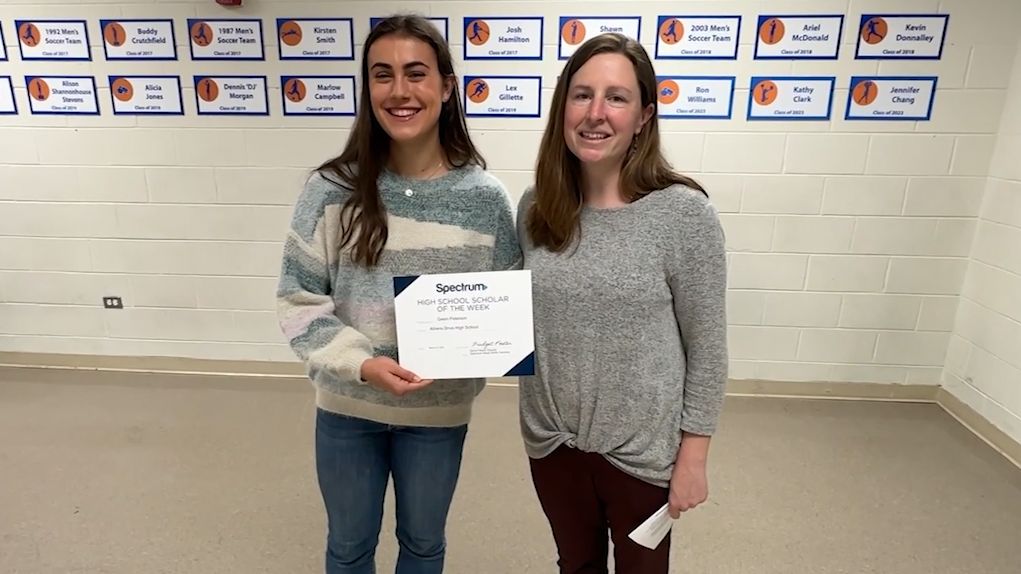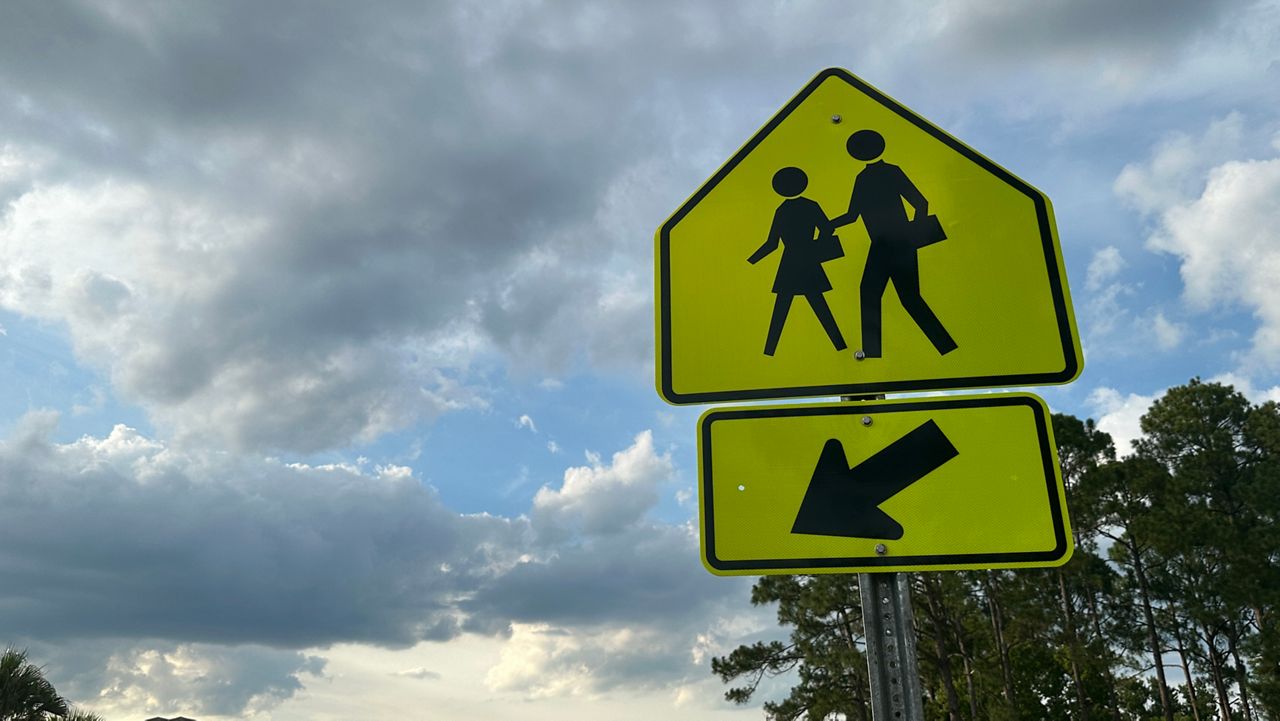A vehicle hit one of the Outer Banks' iconic wild horses over the weekend, according to the Corolla Wild Horse Fund. The mare, Cora Mae, had multiple fractures in her leg and had to be euthanized, the organization said.
Cora Mae was thought to be in her teenage years. The Corolla Wild Horse Fund called her, "One of the top producing mares on the beach." She had five foals in recent years, boosting the population of wild horses in the northern Outer Banks.
Cora’s loss will have a significant, lasting impact on the wild population"She was an excellent mother and her offspring are all extremely well-bred. Cora’s loss will have a significant, lasting impact on the wild population," the organization said on social media.
Cora Mae had five foals: Liberty, Valor, Riptide, Bravo and Cosmos. Three of her offspring are still in the wild. Riptide had to be removed from the wild in 2020 after developing an infection. Valor died that same year from a different infection.
Her youngest foal, Cosmos, is about 11 months old.
"While this isn’t the way we like to see foals weaned, he is old enough to survive on his own. He is still with his dad Surfer who will take excellent care of him as long as they stick together," the Corolla Wild Horse Fund said. Volunteers with the group plan to keep an eye on Cosmos to make sure he can acclimate without his mother.
The group said the driver called the sheriff's office after hitting Cora Mae. "This was truly a terrible accident and all parties involved are devastated," the Corolla Wild Horse Fund said.
Cora Mae is part of a wild herd of Colonial Spanish Mustangs that roam the beach and the marshes from Duck, North Carolina, up to the border with Virginia.
The herd has called this thin stretch of land home for hundreds of years, according to the Corolla Wild Horse Fund. The first records of horses being imported to the area date back to the 1500s, the group said.
Cora Mae is the second mare in the herd to die this summer, the group said. In June, a stallion was chasing a mare named Caroline and trying to breed. Caroline fell and broke her neck, according to the Corolla Wild Horse Fund.
Cars have long posed a threat to the herd. Drivers in Currituck County are warned to be careful for the horses when they're driving on the beach and on roads.





